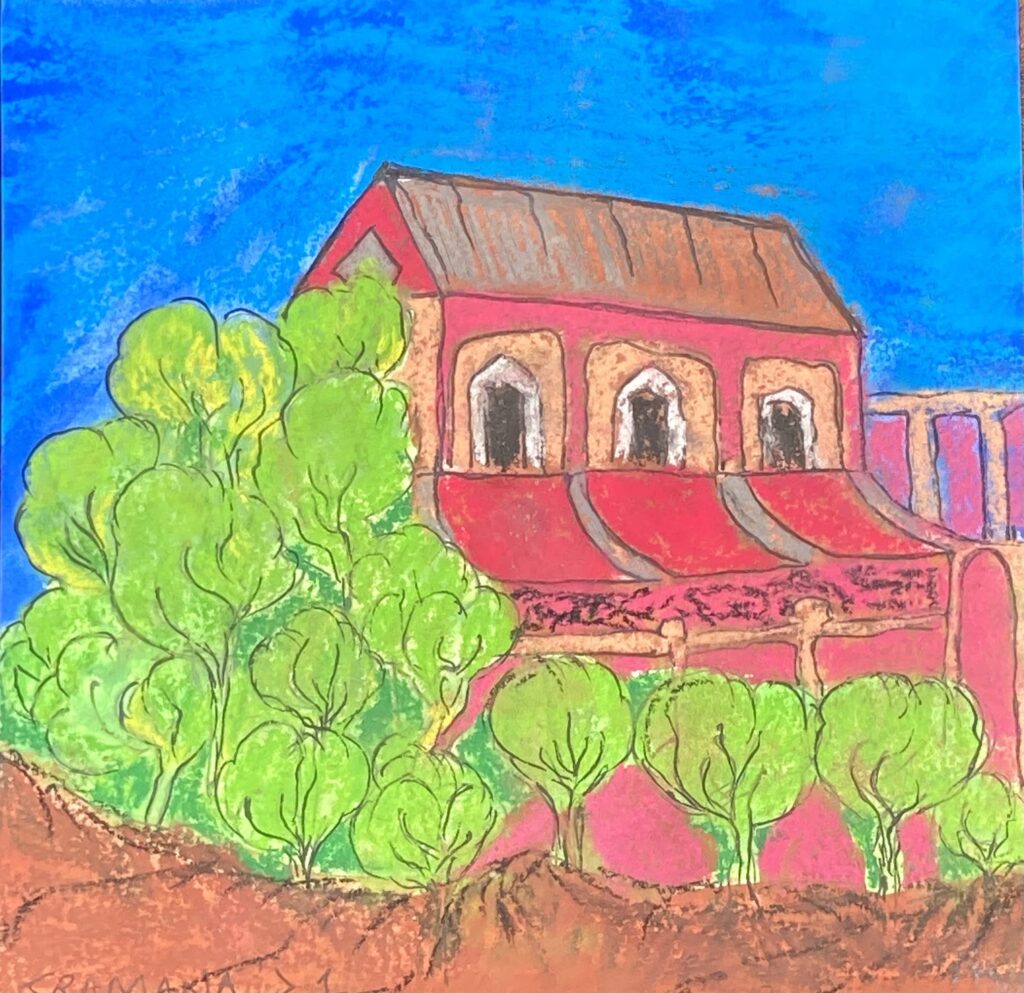Best of Bootstrapping: Bootstrapped an AI-Powered Security Startup to $10M+

If you haven’t already, please study our Bootstrapping Course and Investor Introductions page.
Osprey Security CEO Rohit Anabheri has effectively used the Bootstrapping Using Services technique to bootstrap an AI-Powered Enterprise Security venture to mid eight figure revenues. In that process, he has turned down offers for Venture Capital. I believe, in Artificial Intelligence and Machine Learning, currently, Bootstrapping Using Services is one of the best ways to find problems to solve and build successful companies.
Sramana Mitra: Let’s start by introducing our audience to yourself and then we’ll come to the Osprey Security journey in a moment. You are a serial entrepreneur, yes?
Rohit Anabheri: That is correct.
Featured Videos
Best of Bootstrapping: Bootstrapped an AI Chatbot Startup with a Paycheck

If you haven’t already, please study our Bootstrapping Course and Investor Introductions page.
It took CoRover CEO Ankush Sabharwal and his co-founders two years to launch their first customer, The Indian Railways. During this time, the founders held on to their jobs, diligently fulfilling their responsibilities while also pursuing their dreams.
Sramana Mitra: Let’s go to the very beginning of your journey. Where are you from? Where were you born and raised? What kind of background?
Ankush Sabharwal: I come from a remote district in India in the extreme north – Rajouri. I was brought up there. My family moved to Jammu. I did schooling there. For Masters, I’ve done Software Engineering.
September 28 – 620th 1Mby1M Mentoring Roundtable for Entrepreneurs

Entrepreneurs are invited to the 620th FREE online 1Mby1M Mentoring Roundtable on Thursday, September 28, 2023, at 8 a.m. PDT/11 a.m. EDT/5 p.m. CEST/8:30 p.m. India IST.
If you are a serious entrepreneur, register to “pitch” and sell your business idea. You’ll receive straightforward feedback, advice on next steps, and answers to any of your questions. Others can register to “attend” to watch, learn, and interact through the online chat.
You can learn more here and REGISTER TO PITCH OR ATTEND HERE. Register and you will receive the recording by email, even if you are unable to attend. Please share with any entrepreneurs in your circle who may be interested. All are welcome!
Video FAQs
Can 1M/1M Help Me Raise Money?
How Does 1M/1M Democratize Entrepreneurship Education?
How Does 1M/1M Democratize Management Consulting?
When Is The Right Time To Join 1M/1M?
Can 1M/1M Help Me With Business Development?
Can 1M/1M Help Me With Market Sizing?
Can 1M/1M Help Me Validate My Product?
Will I Have Private 1-on-1 Sessions In 1M/1M?
How Does 1M/1M Help Entrepreneurs Connect With Silicon Valley?
Mentoring or Consulting?
Why Does 1M/1M Charge $1000 a Year?
Why Does 1M/1M Partner With Local Organizations?
Why Don\’t Mentoring Networks Work?
Why Is It Important To Study With 1M/1M Now?
Dan Stewart Story
Vikrant Mathur Story
Cloud Stocks: Adobe’s AI is Out for General Release

Adobe (NASDAQ: ADBE) recently reported its quarterly results that continued to outpace market expectations. Like most of the tech industry, Adobe is also focused on AI and recently graduated Firefly, its AI model, out of its beta release.
>>>Best of Bootstrapping: Solo Entrepreneur Bootstrapped with Paycheck to $15M+

If you haven’t already, please study our Bootstrapping Course and Investor Introductions page.
SoPost Founder and CEO Jonny Grubin started as a solo entrepreneur, bootstrapped with a paycheck, and had built a $15M+ revenue global business with a small amount of funding when we spoke last year. Excellent story!
Sramana Mitra: Let’s go to the very beginning of your journey. Where are you from? Where were you born, raised, and in what kind of background?
Jonny Grubin: I was born in London but moved to Newcastle when I was three. My dad is American and my mom is from the UK. I grew up in Newcastle and started on my entrepreneurial journey at a pretty young age. When I was studying for my high school exams, I kicked off and ran a range of entrepreneurial ventures of my own.
Catching Up On Readings: Startup Battlefield at Disrupt 2023
This feature from TechCrunch looks at the winner and runner-up of the Startup Battlefield competition at TechCrunch Disrupt last week. The winner of the Startup Battlefield Cup and $100,000 was selected after three days of intense pitching by 20 startups, which were selected from Startup Battlefield 200. For this week’s posts, click on the paragraph links.
>>>Colors: Les Couleurs Italienne 12

I’m publishing this series on LinkedIn called Colors to explore a topic that I care deeply about: the Renaissance Mind. I am just as passionate about entrepreneurship, technology, and business, as I am about art and culture. In this series, I will typically publish a piece of art – one of my paintings – and I request you to spend a minute or two deeply meditating on it. I urge you to watch your feelings, thoughts, reactions to the piece, and write what comes to you, what thoughts it triggers, in the dialog area. Let us see what stimulation this interaction yields. For today – Les Couleurs Italienne 12
Les Couleurs Italienne 12 | Sramana Mitra, 2021 | Watercolor, Pastel, Brush Pen | 8 x 8, On Paper
Colors: Les Couleurs Italienne 11

I’m publishing this series on LinkedIn called Colors to explore a topic that I care deeply about: the Renaissance Mind. I am just as passionate about entrepreneurship, technology, and business, as I am about art and culture. In this series, I will typically publish a piece of art – one of my paintings – and I request you to spend a minute or two deeply meditating on it. I urge you to watch your feelings, thoughts, reactions to the piece, and write what comes to you, what thoughts it triggers, in the dialog area. Let us see what stimulation this interaction yields. For today – Les Couleurs Italienne 11
Les Couleurs Italienne 11 | Sramana Mitra, 2021 | Watercolor, Pastel, Brush Pen | 8 x 8, On Paper
